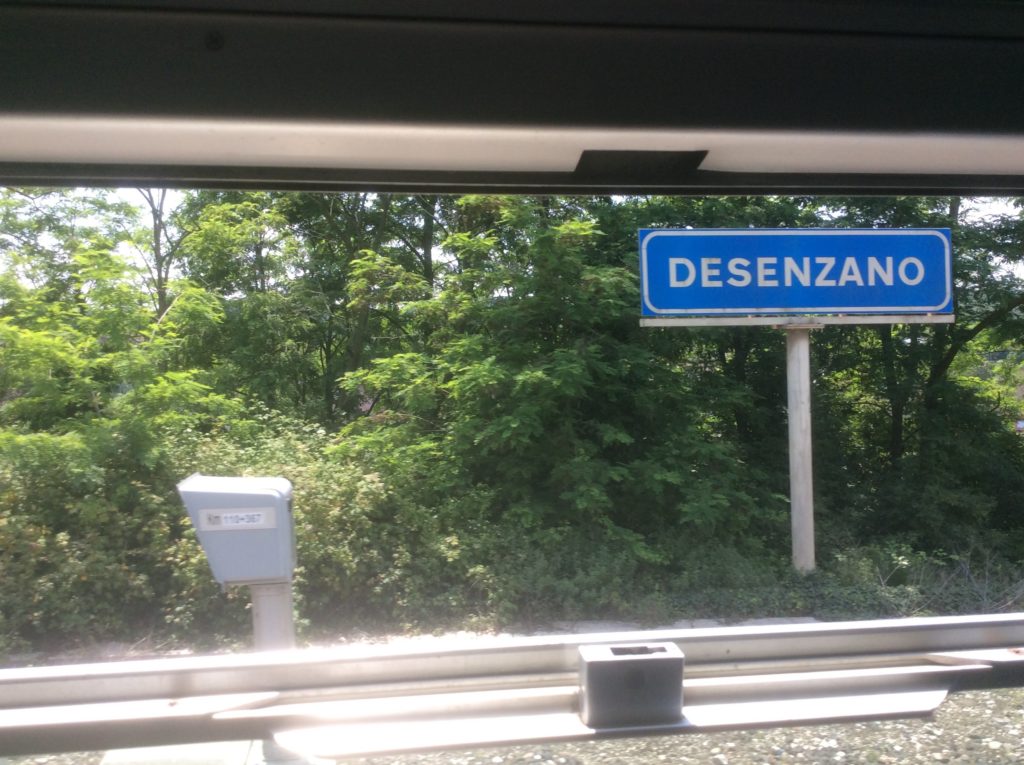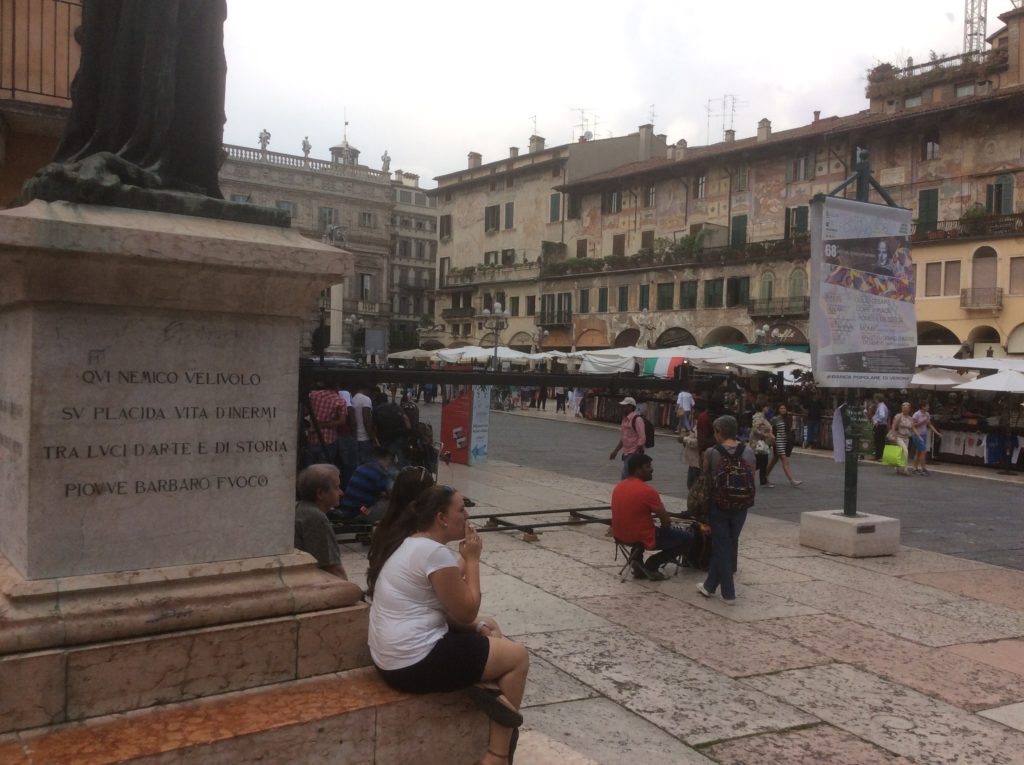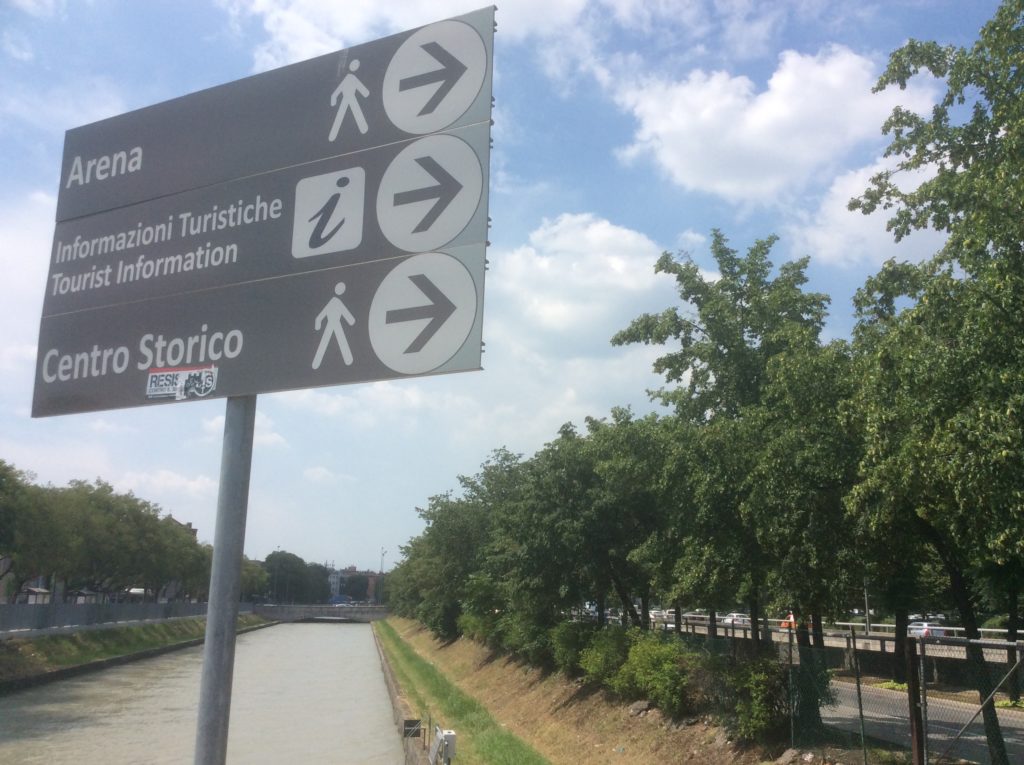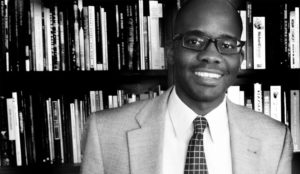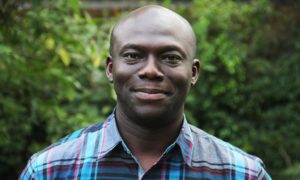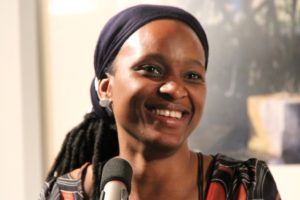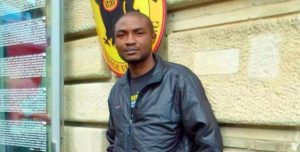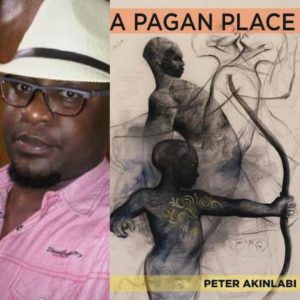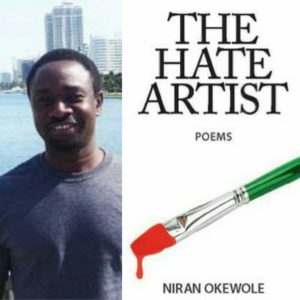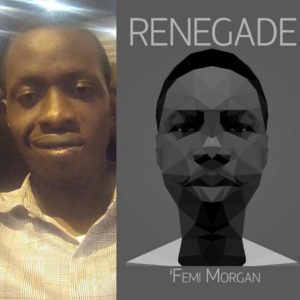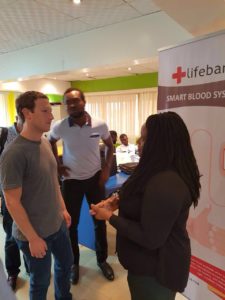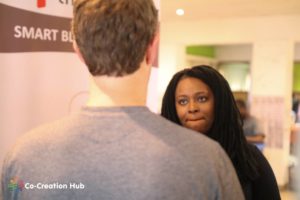The city of Verona is about two hours from the Milan Central Train Station, but until a chance conversation with Valentina, my host, about the nearest Italian city with promising attraction for restless legs, I had no idea just how close it was. I also didn’t know just how easy it would be to get there, by myself, by train, in a country where English was a minority language.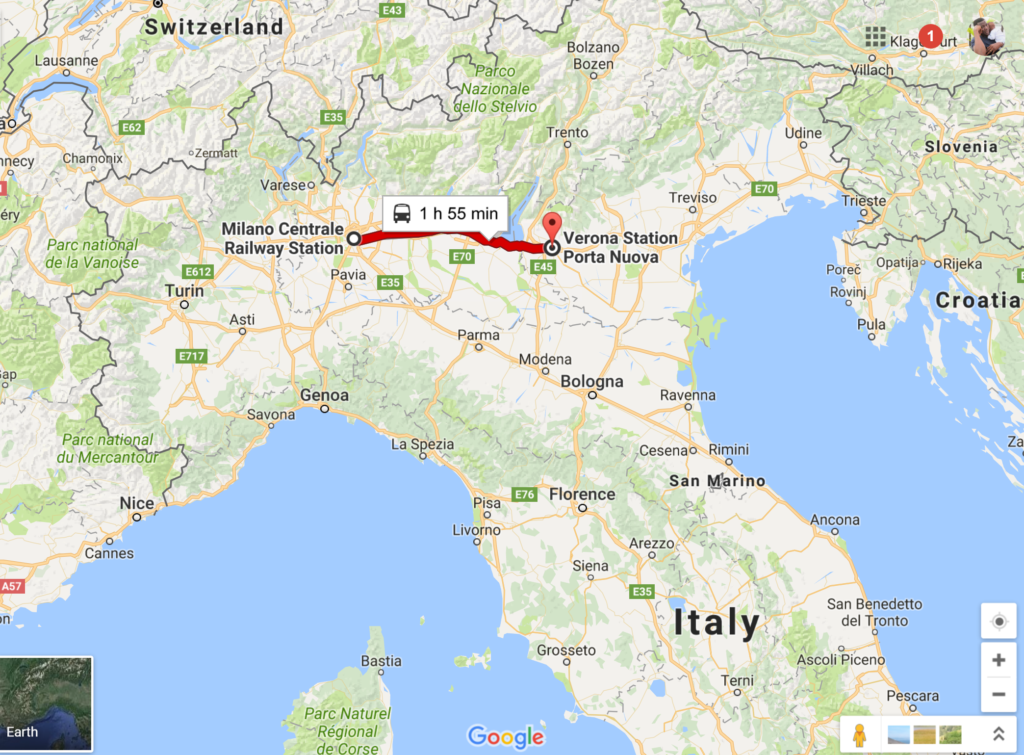
The train ride to Verona travels through a colourful part of town that visitor postcards of Italy would not usually depict. Not negative – for how much can you experience sitting on a train – just quiet and normal, uneventful, like any modern city. The huge array of graffiti one encounters on the walls at almost every train stop however sent a sign that the universal language of expressing boredom consist somewhat of paint.
More than two-third way into the trip, we spot on the left a majestic lake whose banks are visible for about a minute or two from the train, but not at the station when the train stops. It is Lake Garda (Lago di Garda), the largest lake in the country. Pictures will do it no justice – there are none – but the encounter from a vantage viewing point in a moving train was somewhat delightful. One moment it was there, then it was gone. For most of the other parts of the trip, views of residential houses all of which had flower gardens on their penthouses became subject of fun conversations. No pictures of those either.
Verona is notable, for readers, through three of Shakespeare’s famous works: Two Gentlemen of Verona, Taming the Shrew, and Romeo and Juliet. I’ve only read two of those. A big motivation for the trip was its description as ostensibly a poor man’s version of Rome, but in reality a more enchanting one. Rome has the Colosseum but Verona has the Arena, which is much about the same structure with the same purpose, but a more complete one even though it was built at an earlier time than its Roman equivalent.
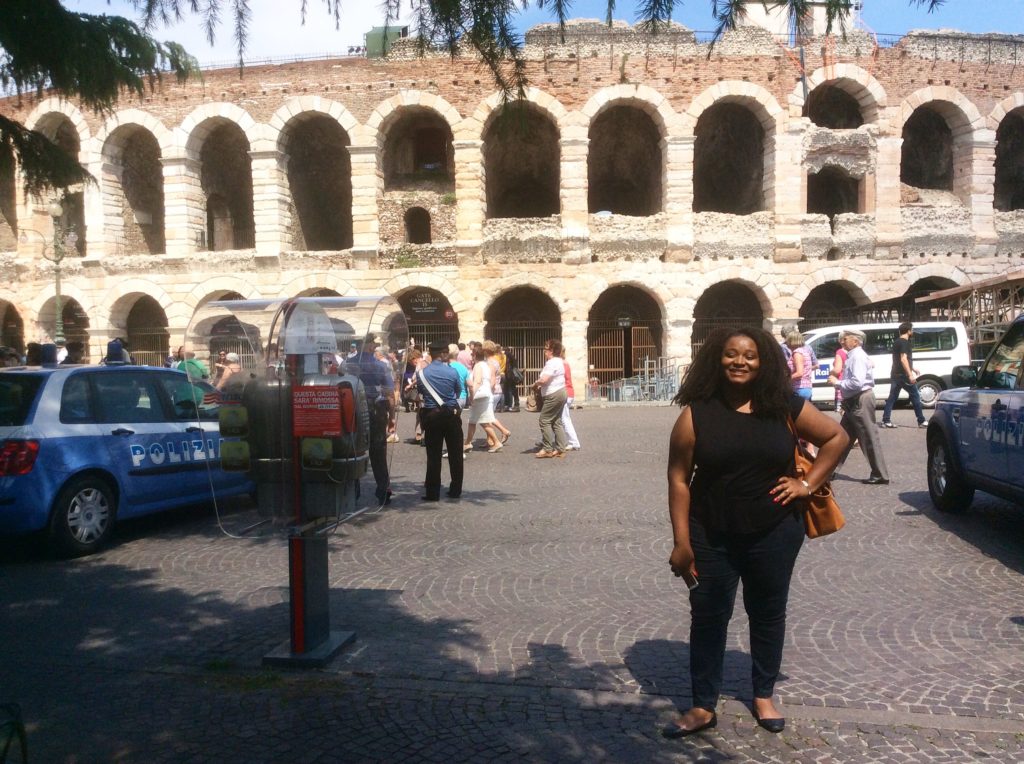
Speaking of Shakespeare, just a few feet away from the Arena is Casa di Giulietta, Juliet’s Balcony, a modern architectural reenactment of Juliet’s love balcony. Visited every year by more tourists than visit any other Italian location, the Balcony features a gift shop, a real balcony, a wall for lovers’ selfies and proposals, and a bronze statue of “Juliet” whose breastplate is reputed to bring good luck to all who rub it. (I heard the same of Abraham Lincoln’s nose in Springfield).
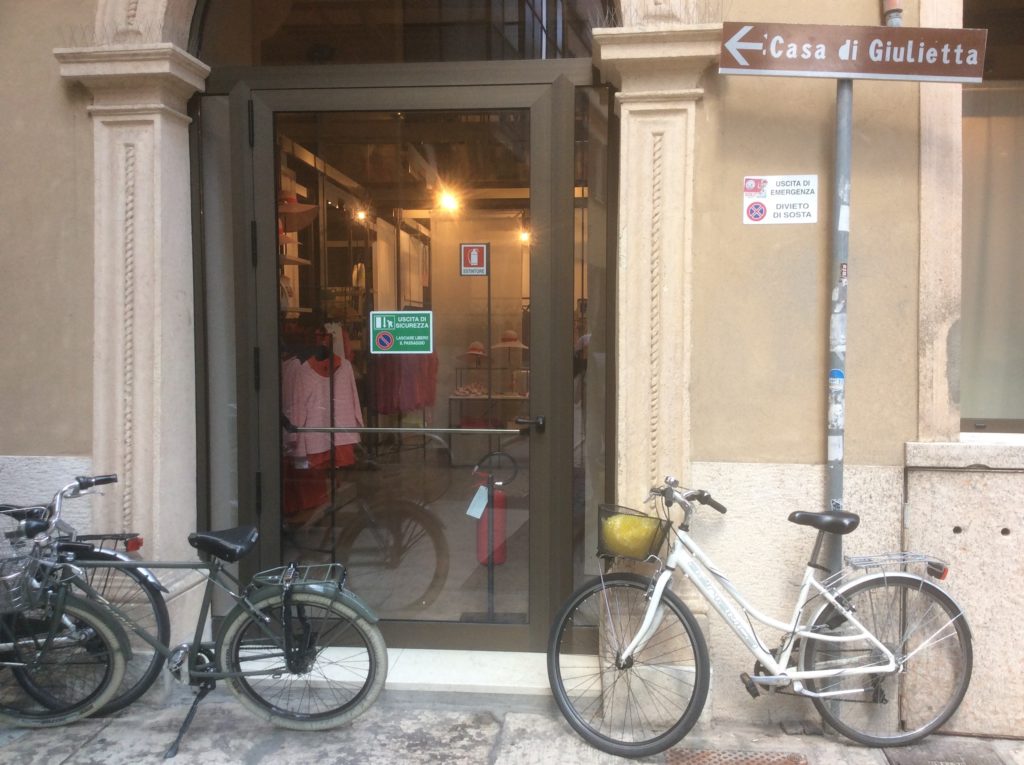
Visiting the Balcony was not as enjoyable as finding one’s way there, through finely paved streets between ancient structures.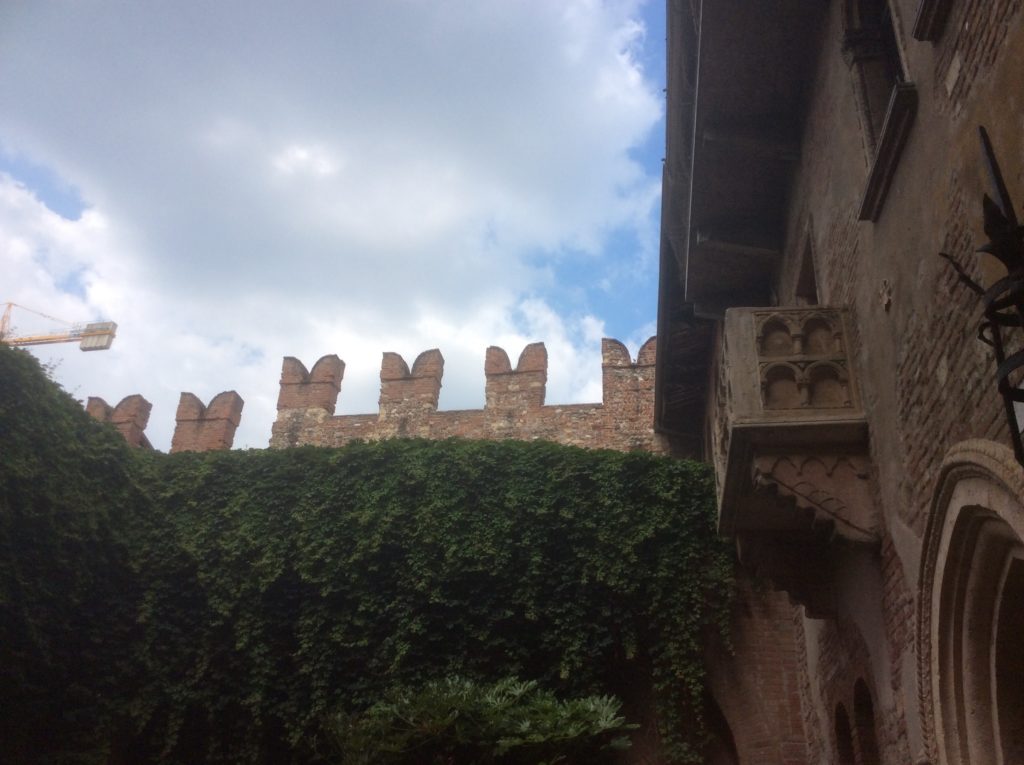
The crowd one meets at the Balcony made the experience slightly unbearable.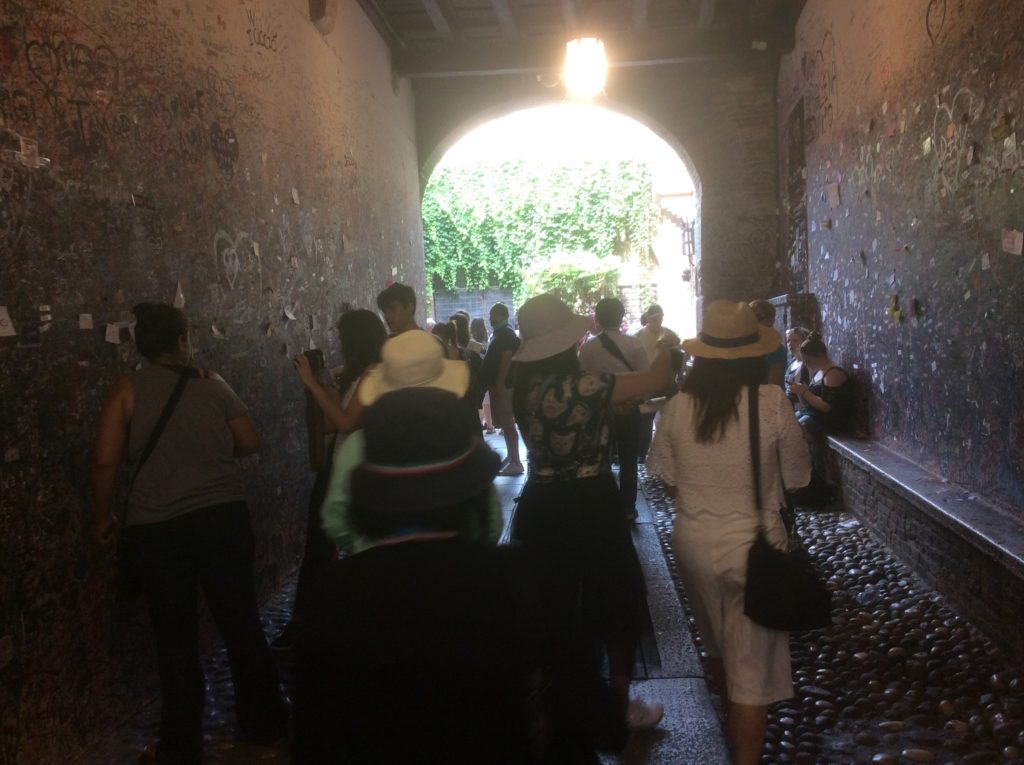
But in the end, the most enchanting thing about Verona wasn’t the tourist attractions of which there were many (castles, restaurants, food, a town that balances modernity with history to profitable outcomes), but the sense of order that seemed surprisingly welcoming, surprisingly normal in a re-assuring way that is not often the case in many American (and perhaps Nigerian) big towns.
That, plus the fact that one could walk from the train station to the Arena, by oneself, without being able to speak Italian, and without feeling any more visible as a foreigner than any other tourist on the streets.
A dry and breezy weather didn’t hurt.
